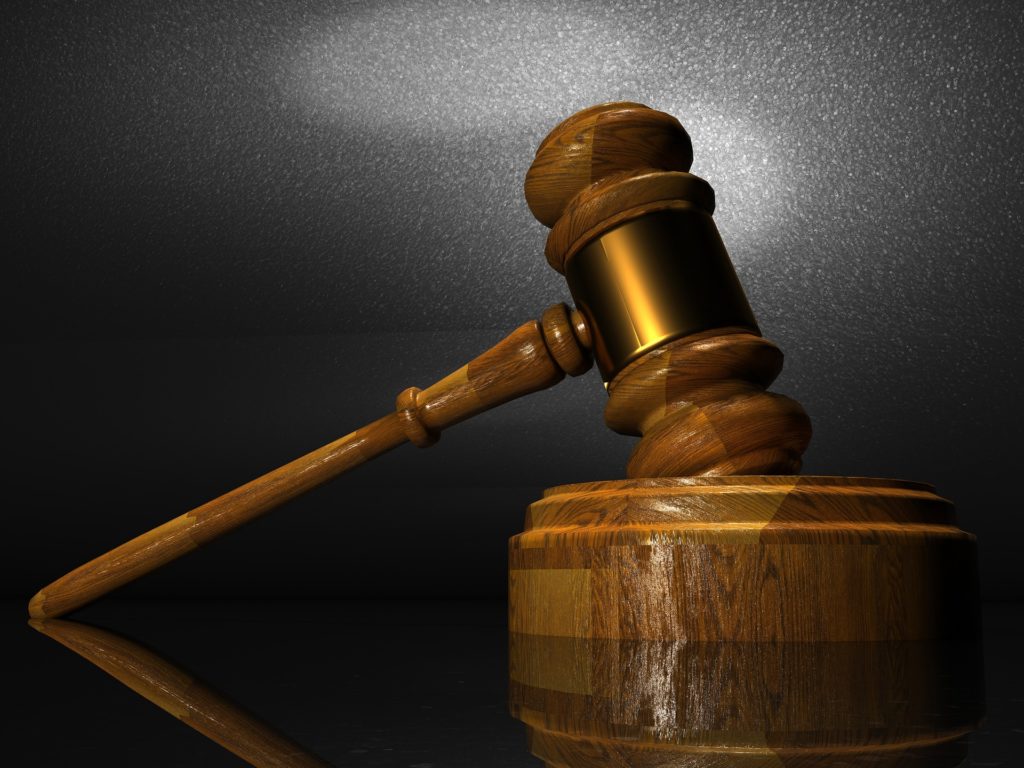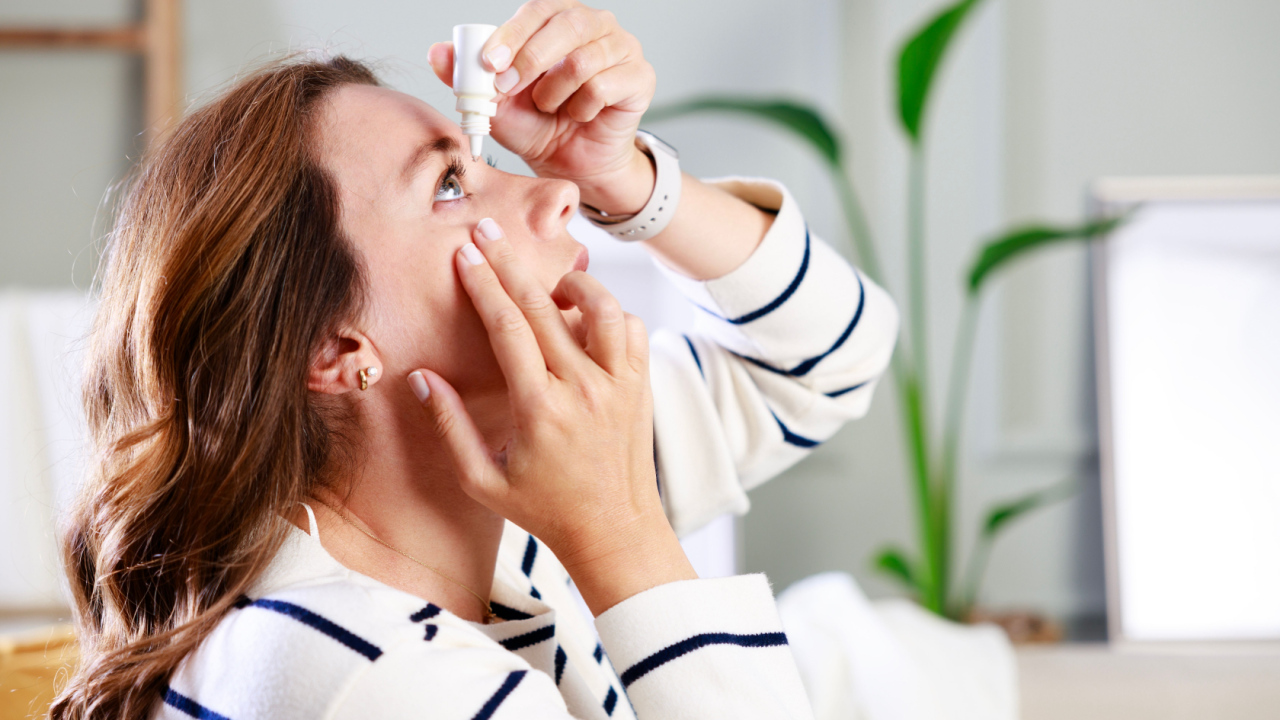AbbVie (NYSE:ABBV) continues to face heat over complaints of patent exploitation and price hikes of its world’s best-selling drug Humira (adalimumab) to build a market monopoly and block out Humira biosimilar competition. A recent congressional probe provided confirmation of the claims.
Overpatenting and overpricing Humira has been a part of AbbVie’s strategy to prevent biosimilars of the blockbuster drug from entering the market. Coupled with an aggressive legal strategy, complaints against AbbVie have largely been dismissed in courts, including a recent antitrust complaint filed in a Chicago district court that is currently being appealed in the US Court of Appeals for the Seventh Circuit.
Humira is a TNF alpha inhibitor used to treat inflammatory conditions such as Crohn’s disease and was initially developed for the treatment of rheumatoid arthritis.
According to a report by equitable drug development advocacy group I-MAK, Humira has the most patents out of the top-selling drugs in the country. As of 2020, AbbVie filed 247 patents of which over 130 were granted. The report found that this strategy is aimed at delaying competition for 39 years.
As evidence of its price inflation, Humira has a list price of more than $2,400 a dose and costs five times more in the US than Europe.
Related: Biosimilars vs. Interchangeable Biological Products: FDA Fact Check
Biosimilars
A biosimilar, which is essentially a generic biologic, is defined by the US Food and Drug Administration (FDA) as a biological product that is highly similar to and has no clinically meaningful differences from an already approved biological medicine (the “reference medicine”). Similarity is assessed by comparing the structure and function of the biosimilar with the reference product, and characteristics such as purity, chemical identity and bioactivity.
This is in contrast to an interchangeable, which is a biosimilar product that is expected to generate the same clinical result as the reference product. It must fulfill additional requirements outlined by the Biologics Price Competition and Innovation Act; however, as yet, no interchangeable products have been approved. An interchangeable product may be substituted for the reference product without authorization from a prescribing professional. It is important to understand the similarities and differences between a biosimilar and interchangeable, and the FDA recently did a fact check to address this.
Biosimilar and interchangeable products can expand treatment options and lower drug and healthcare costs by offering a cheaper alternative with the same effectiveness; essentially a non-branded version of a biologic such as monoclonal antibodies, proteins and vaccines.
According to the FDA, biosimilars are among the most rapidly growing class of therapeutic products in the US. The US biosimilars market is expected to reach nearly $23,000 million by the end of 2027, being worth $737.2 million in 2019, according to Fortune Business Insights.
Congressional Report
In the congressional report released last week by the House Oversight and Reform Committee, the committee found that AbbVie had significantly inflated prices over the past two decades for patients in the US who take the drugs Humira and Imbruvica.
“AbbVie pursued a variety of tactics to increase drug sales while raising prices for Americans, including exploiting the patent system to extend its market monopoly, abusing orphan drug protections to further block competition, and engaging in anticompetitive pricing practices,” states the 48-page report.
In 2020, Humira brought in a net revenue of $16.11 billion in the US — and nearly $20 billion globally — an increase of 8.4 percent over 2019. While net revenues went up by about the same percentage in the US, they were down by 9.4 percent internationally due to biosimilar competition.
Along with Humira, AbbVie has been found guilty of applying the same “patent wall” strategy around Imbruvica.
Humira Biosimilars: Alvotech Lawsuit
Icelandic pharma company Alvotech filed a suit against AbbVie seeking to put an end to AbbVie’s monopoly over Humira amidst plans of launching its adalimumab biosimilar.
Alvotech’s biosimilar of Humira is called AVT02, the first-filed biosimilar drug equal in strength to Humira’s latest formulation, which AbbVie markets as a high-concentration, pain-free drug. The company is also developing AVT02 as an interchangeable product. The company says AVT02 could save American taxpayers and the US healthcare system $8 to10 billion annually.
“Our new product will be a gamechanger that will provide consumers who are suffering from chronic pain with significant savings, and we look forward to bringing this drug onto the market as soon as possible,” said Robert Wessman, Alvotech founder and chairman, in a news release from the company.
In the filing, Alvotech alleges that AbbVie has engaged in improper actions to inflate its patent portfolio, some of which include: patenting purported inventions that are not used in the production of Humira; seeking multiple patents on the same invention but as part of different patent families, which is misleading; obtaining patents through inequitable conduct; and getting patents on purported inventions that AbbVie did not invent.
In the lawsuit, Alvotech also points out that AbbVie did not invent adalimumab or the subject matter of the original patents around adalimumab and its use, and actually acquired them from German BASF AG. And despite the original patents having expired in 2016, the company says AbbVie has bee able to extend its monopoly to 2023 and beyond “by deliberately seeking to block legitimate competition.”
Alvotech says AbbVie’s leadership has created a “minefield of IP,” which means the company will go to any lengths, including endless litigation, “not to protect innovation but to make challenges to its patent claims cost- and resource-prohibitive for competitors.”
Patent Abuses
AbbVie’s exploitative patent strategy is uncommon, and industry and legal experts say it is unlikely that other companies could follow suit. This is because the company became uniquely positioned with Humira as the drug was able to bag approvals for 16 different adult and pediatric indications. The drug was first approved in December 2002 to treat rheumatoid arthritis.
Moreover, US patent laws have loopholes that allow for patent exploitation by companies like AbbVie. For example, a company can keep filing the same patent repeatedly even if it is rejected by the patent office. By building a patent fortress, makers attempt to shut down competition from emerging biosimilar markets.
Nevertheless, AbbVie has come to several patent settlements with biosimilar makers in the US, allowing some to launch in 2023.
Humira Biosimilar Commercialization Agreements
Humira occupies an outsized position in the biologic and biosimilar landscape.
In September, 2016, Amgen’s Amjevita became the first FDA-approved adalimumab biosimilar. Despite expiration of Humira’s major molecule patent in the US that year, AbbVie sued Amgen over alleged violation of other patents on the drug. After a few years of litigation, Amgen reached a settlement with AbbVie, which granted Amgen right to launch its biosimilar in Europe on October 16, 2018 followed by launch in the US beginning January 31, 2023. The deal will give AbbVie unspecified royalties on Amjevita sales.
Other adalimumab biosimilar developers that AbbVie has struck similar commercialization agreements with include Pfizer, Merck, Boehringer Ingelheim, Novartis/Sandoz and Mylan, all of whom will launch their biosimilars of the world’s best selling drug in 2023.












Join or login to leave a comment
JOIN LOGIN